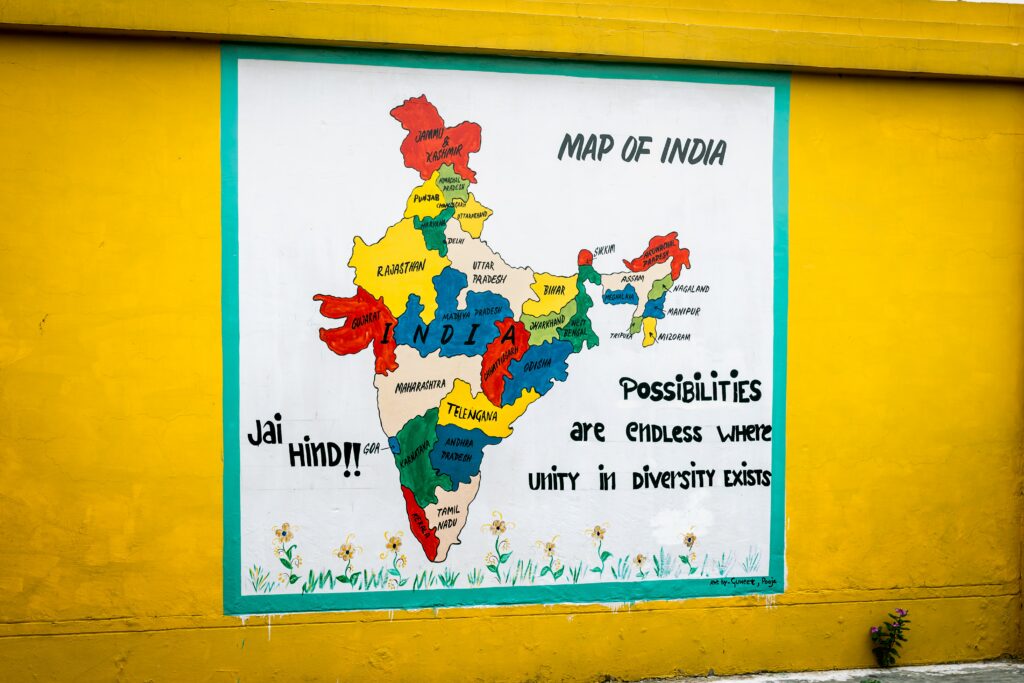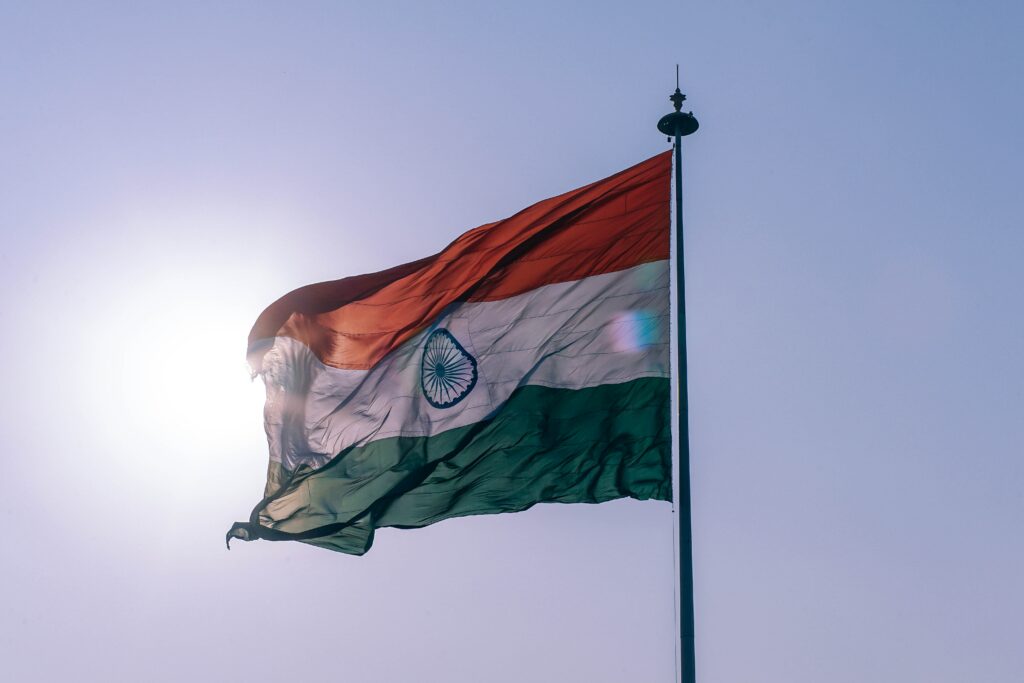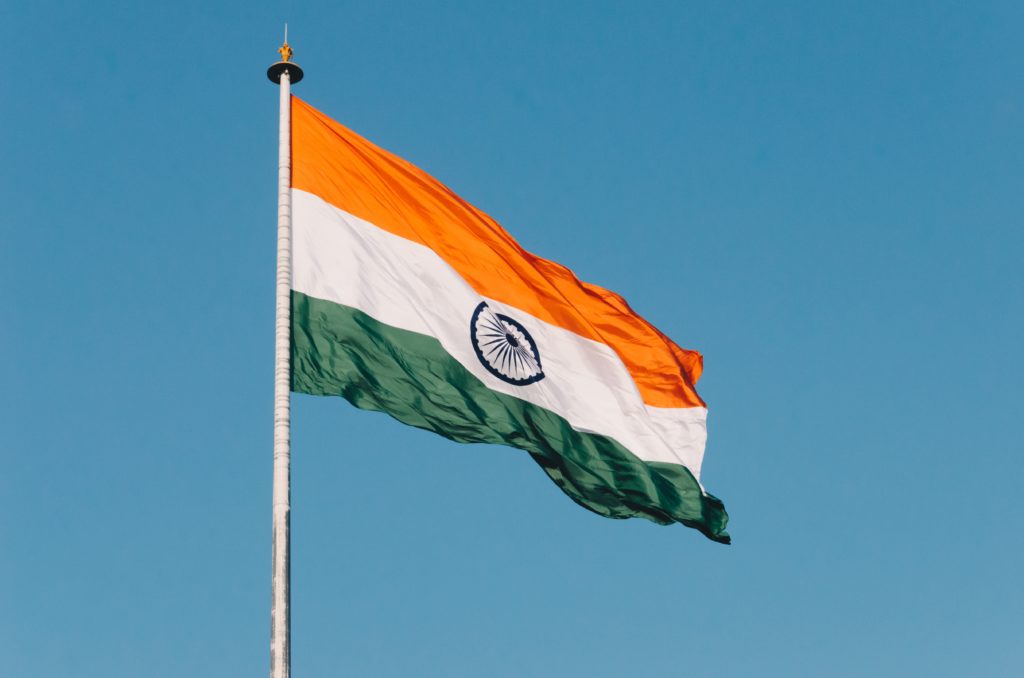The creation of Pakistan was more a secession from India’s multicultural freedom movement than a partition of Indian territory into two states on the basis of religion. The ruling political ideology in India has now pledged allegiance to the ideals of the secession of Pakistan.
Posts published by “Mohamed Zeeshan”
Mohamed Zeeshan is a Founding Partner and the Editor-in-Chief of Freedom Gazette. He is the author of Flying Blind: India's Quest for Global Leadership (Penguin 2021). He is currently a foreign affairs columnist for The Diplomat, South China Morning Post and Haaretz, and writes 'The Z Factor' - a monthly Sunday column in the Deccan Herald. He has previously worked at the United Nations in New York and with the global consulting firm Kearney in Dubai. He is a graduate of International Affairs from Columbia University.The basic principle of trade is that a country exports in sectors where it has a comparative advantage while importing in sectors where it does not. But in the Indian economy, only a minority of the workforce is engaged in activities where India is competitive.
If foreign citizens of Indian descent return home to be in politics or government, they are more likely to do so in order to fix many of the developmental challenges that forced their migration, rather than to serve any ‘grand designs’ of foreign sabotage in India.
Indian foreign policy must now pursue global influence, but chest-thumping goes the wrong way. A self-centred and muscular foreign policy which seeks to establish India at the centre of the universe is counter-productive in the pursuit for global influence.
The cause of Indian freedom inspired people around the world because it was a cause of universal values, rather than a struggle for ethnic supremacy or cultural domination. The cause was not the assertion of an ethnic or cultural identity of Indian-ness; it was for the realisation of fundamental human rights.





